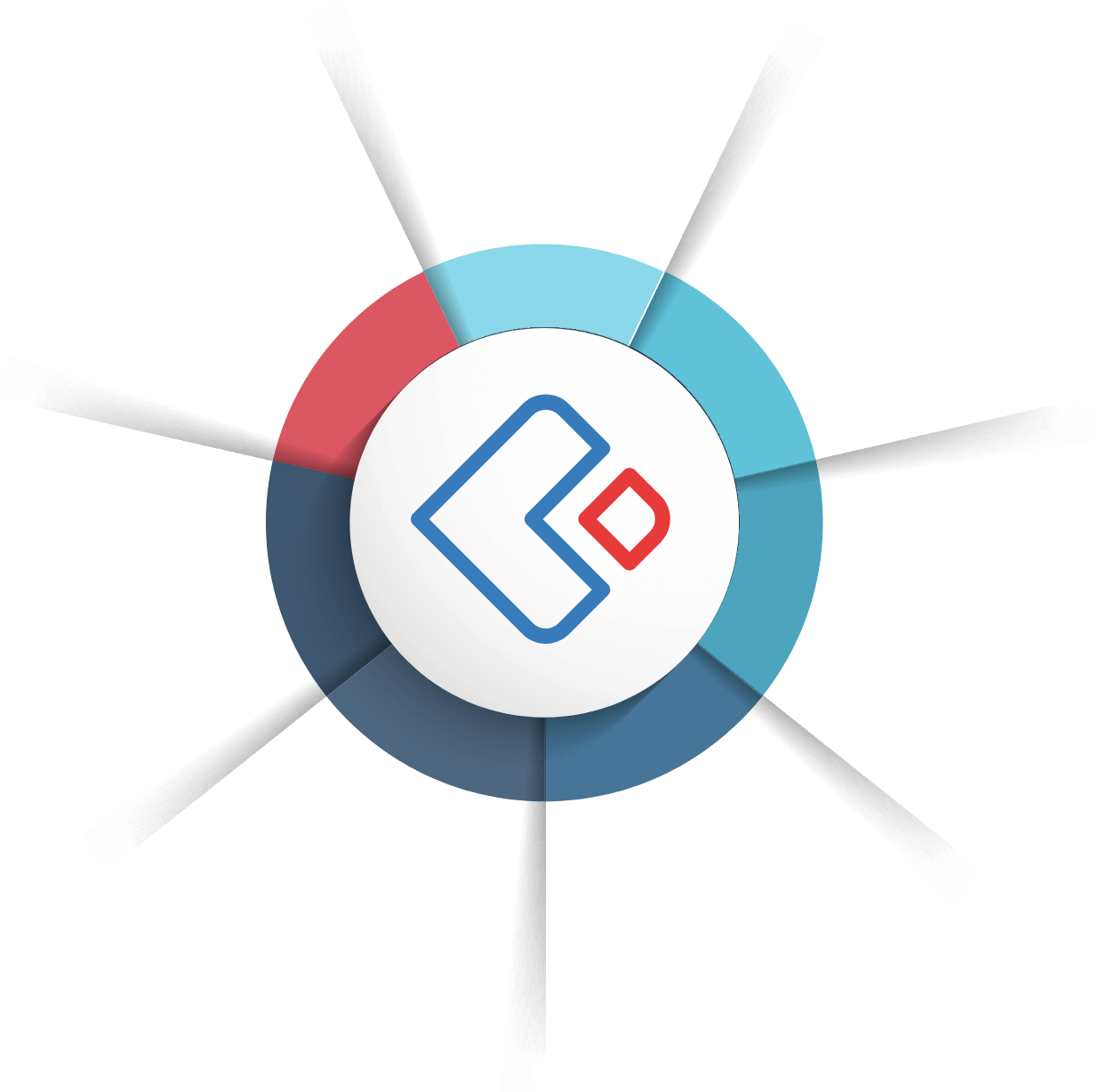Zoho Creator: App development made easy
Embrace endless possibilities for your enterprise.
Feature comparison
| Features | |||||||
|---|---|---|---|---|---|---|---|
| Fully cloud-based app builder | |||||||
| Drag-and-drop interface | |||||||
| Workflow builder | |||||||
| Drag-and-drop form builder | |||||||
| Page builder | |||||||
| Native apps for iOS and Android | * | ||||||
| Logs | |||||||
| Customer portals | |||||||
| Built-in app IDE | |||||||
| Built-in payment integrations | |||||||
| Android SDK and iOS SDK | ** | ||||||
| Automatic progressive web app (PWA) creation | |||||||
| Application Lifecycle Management (ALM) | |||||||
| Gesture customization for mobile and tablet | |||||||
| Capture IP addresses out-of-the-box | |||||||
| Schema builder |
What Zoho Creator stands for
Empowering everyone:
Anyone from any programming background, no-code, low-code, or pro-code, can build apps on Zoho Creator.

End-to-end digitization
It's an all-in-one digitization platform, offering custom app development/BPM/RPA/data management/integrations management, and any other platform that needs digitization.

Fostering collaborative development
Creator enhances the synergy between business and IT, striving to foster collaborative development between all stakeholders.

Accelerating time to market
Creator champions business agility. Users can build applications 10 times faster than traditional pro-code alternatives.

A vibrant community of professional developers

300+Partners

55%Growth in new business through partners

1600+Implementations
Why 30,000+ businesses trust Zoho Creator for digitization
10x
Faster Development800+
Prebuilt integrations95%
Customers deploy within 30 days70+
Fully customizable business apps100%
Rebranded apps with custom domains
Zoho Creator: A world of possibilities

- Part of the Zoho Ecosystem of 45+ products
- Easiest application builder
- Build once. Deploy across platforms & devices
- Deeper Analytics
- Integrations
- AI capabilities
- Customer first approach of Zoho
Try Zoho Creator today
Experience the power of one of the best low-code rapid application development platforms in the industry.
